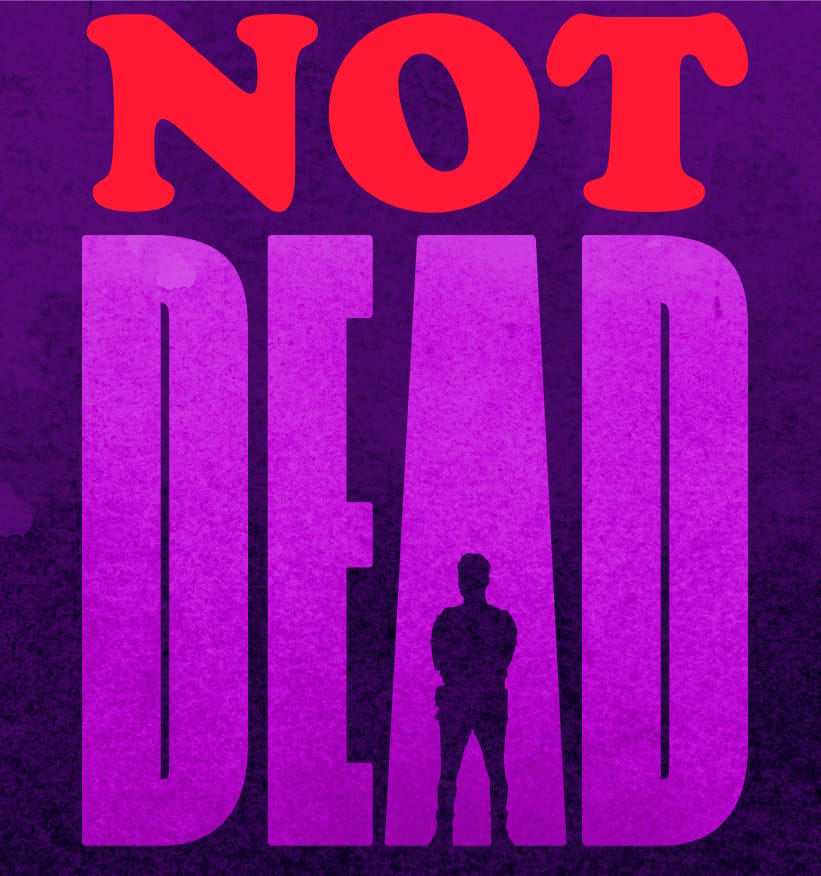Last Updated on August 30, 2023 by admin
Ellen Degeneres is not dead. Contrary to tweets and online articles, it’s important to note that Ellen DeGeneres is alive and well. On August 30, 2023 false rumors started circulating on Twitter with the hashtag #RIPEllen falsely claiming that the popular talk show host and comedian had taken her life after her show was canceled due to allegations of abusive behavior.
These rumors were fueled by a news site that even shared a manipulated video of DeGeneres bidding farewell to her fans and apologizing for her supposed mistakes.
This hoax quickly gained traction on media leading some users to express their condolences while others made jokes using photos of celebrities resembling DeGeneres like Jane Lynch, Katy Perry or Justin Bieber. Yet many users promptly debunked the hoax, and criticized those for being insensitive towards DeGeneres and her family.
Although DeGeneres herself has not addressed the hoax directly her representatives have confirmed to sources like the New York Post that she is doing well and that there are no plans to cancel her show. Furthermore they have mentioned considering action against the news site that initiated this false rumor.
The website, which had a URL resembling that of a news outlet, has been taken down since then.
Public Reaction
Though the authencity of the news was later disproved, fans went crazy on hearing the news first. Many expressed sorrow, even while the mischievous gave vent to amusement. They flooded Twitter and other social media with memes and jokes. Additionally there were also those who expressed anger and disgust towards individuals responsible for spreading such a rumor.
“I woke up to see #RIPEllen trending and I was almost, in tears until I realized it was just a hoax. Why would someone do something cruel?”
@ShemaeSingh, Twitter
In social media conversations several users have expressed their concern and confusion, about the trending hashtag #ripellen speculating whether something unfortunate had happened to Ellen DeGeneres. The tweets shared by users included a mix of misleading information and emotional expressions.

Ellen DeGeneres is not alone
Ellen DeGeneres is not the only celebrity to be targeted by death hoaxes. In fact death hoaxes have become quite common in today’s era of social media and user generated content, where false information can be quickly and easily spread.
Miscreants spread these hoaxes for many reasons, such, as generating website traffic and ad revenue. playing pranks or trolling others. expressing dislike or animosity towards a celebrity and for making political or social statements.
In recent years, several celebrities have been falsely reported as deceased. Some notable examples include Britney Spears, Jeff Bezos, Jackie Chan, Sylvester Stallone, Morgan Freeman Dwayne Johnson (also known as The Rock) Eminem and many more.
These hoaxes have caused confusion and distress among fans as well as the friends and family members of these celebrities. Additionally some hoaxers have faced consequences for their actions.
In 2017, an individual from California was arrested for creating a news website that claimed actor Eddie Murphy had died in a car accident. The person admitted to fabricating the story with the intention of making money through advertisements. In 2018, Aretha Franklin filed a lawsuit against a woman from Texas who spread rumors suggesting that she had passed away due to cancer.
The woman stated that she had received the information from a source.

Fake News Harms Everyone
False information not only harms celebrities but also affects the general public. It has the potential to influence people’s opinions, beliefs, emotions and behaviors. Additionally, it erodes trust in journalism, democracy and institutions. Moreover fake news poses risks, to security, public health and human rights.
Therefore it is crucial to remain vigilant and critical when consuming and sharing information online. There are ways to identify and combat news;
- Assess the credibility of the source. Is it reputable and transparent? Does it provide authorship details along with a date and contact information? Has it been known to publish misleading stories in the past?
- Evaluate the evidence provided. Are supporting facts, quotes or sources available that can be independently verified? Are there any inconsistencies or contradictions within the story?
- Consider the context of the story. When was it published? Is it up to date. Outdated? Is its relevance exaggerated for purposes of sensationalism? Does its content align with sources?
- Be aware of your biases while consuming news stories. Reflect on how a particular story makes you feel and whether it confirms or challenges your existing views.
By adopting these practices we can actively combat fake news while ensuring that we create an informed society.
Self Regulation:
Since fake news cannot go viral without the participation of people, self regulation is needed from the public. When faced with a news item that could be contested later, ask this question. Do you find yourself more inclined to believe or share something based on your emotions or personal preferences?
It’s important to exercise caution before sharing information. If you’re unsure, about the accuracy or credibility of a story, it’s best not to spread it. Take the time to do some research or seek information before sharing.
When user generated content has come to dominate the internet, it is necessary to create an infrastructure which places a collective responsibiilty on all stake holders to be curious and cautious when consuming and propogating news. Otherwise, such calamities are bound to happen.
Celebrities lead a chequred life. Read more here.

